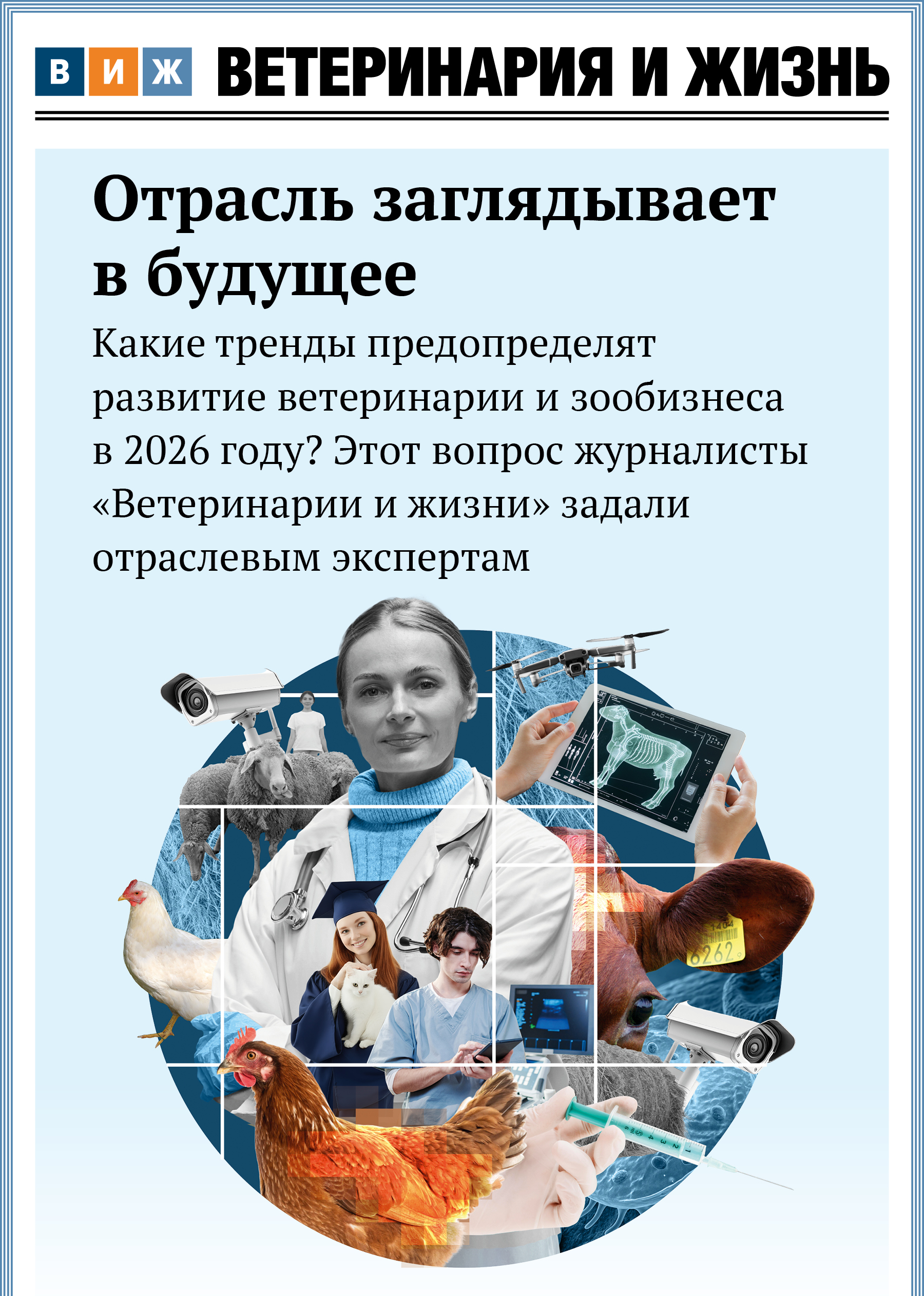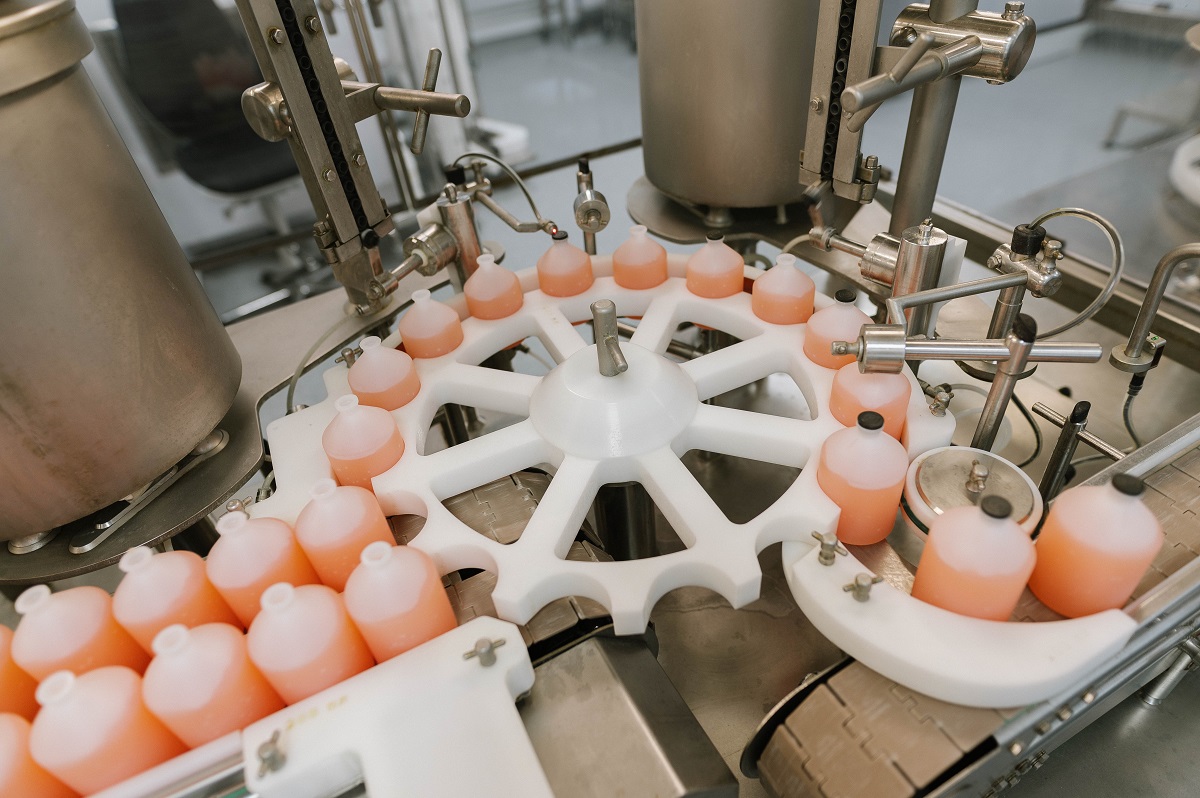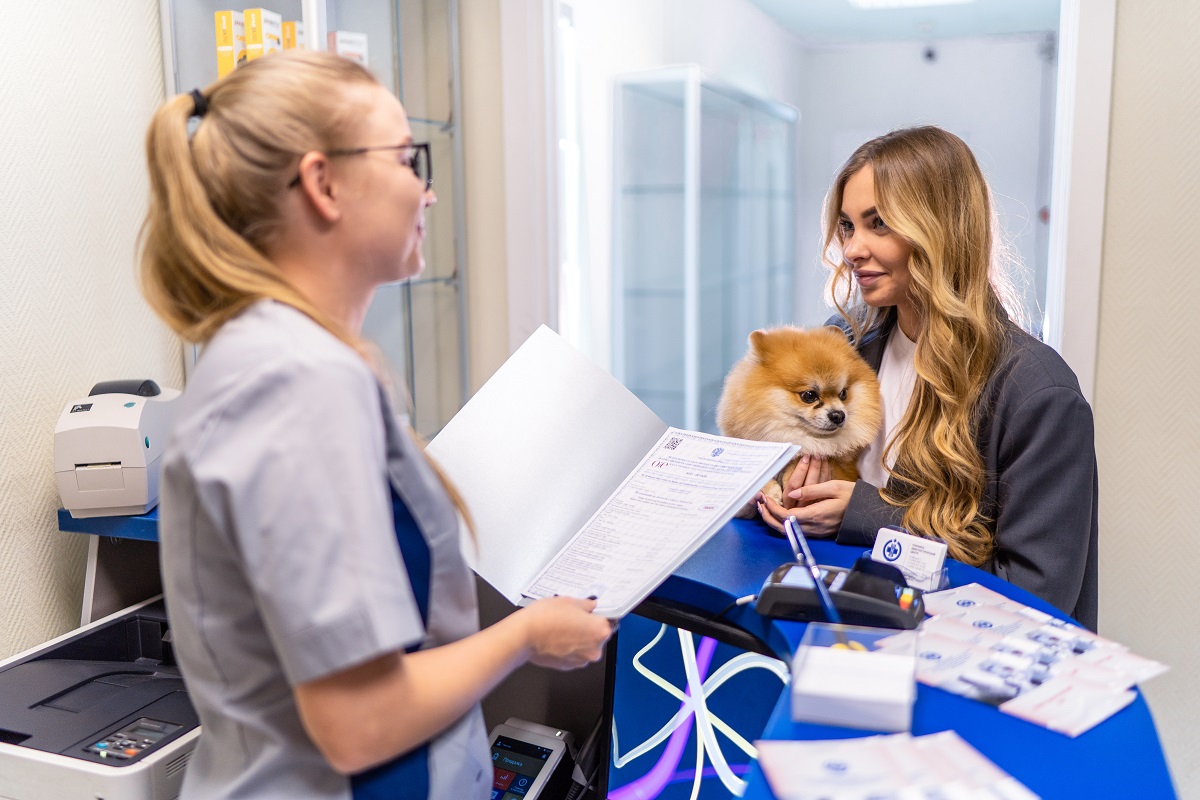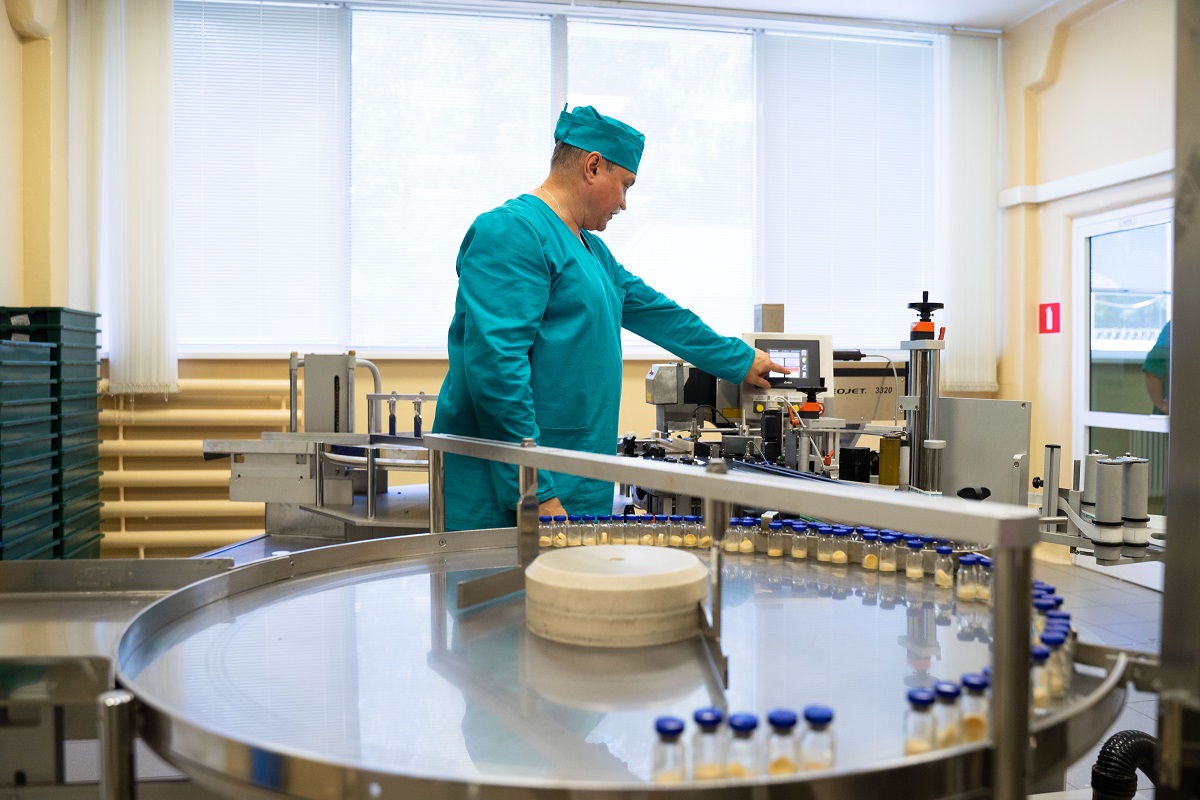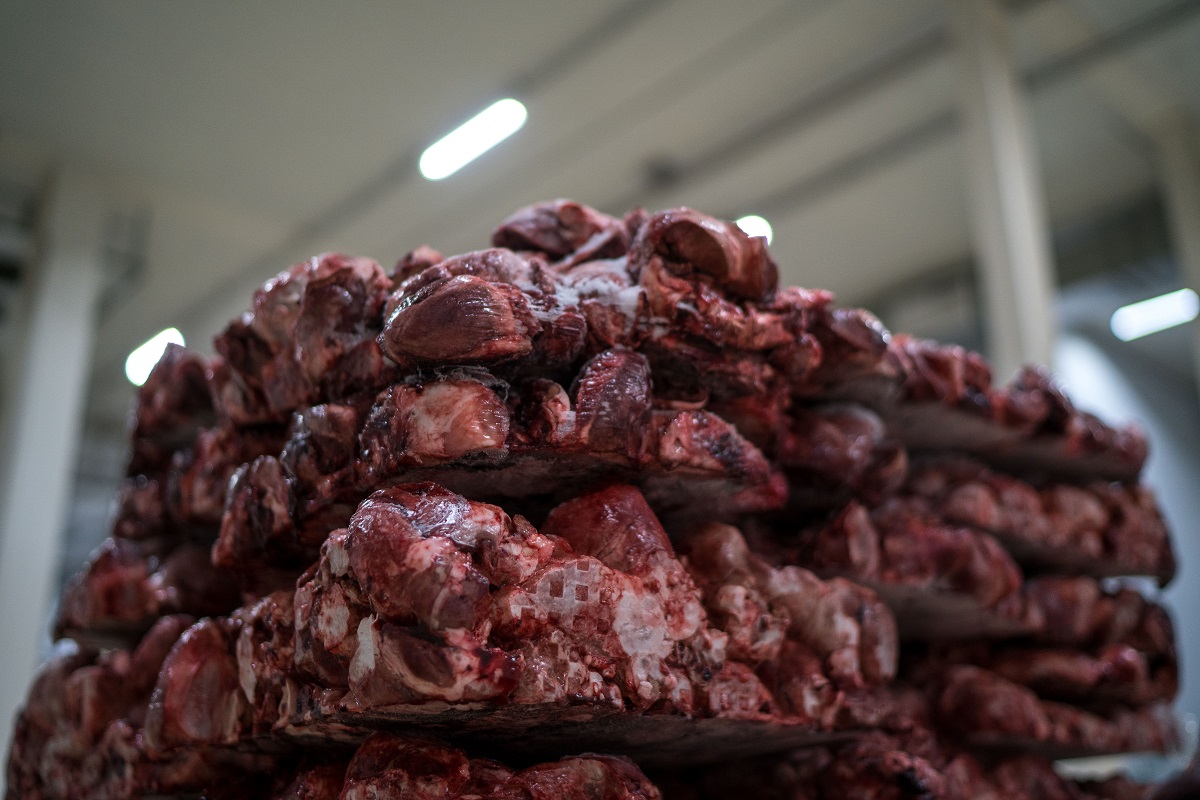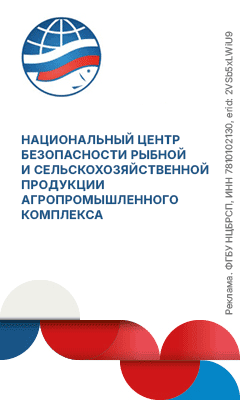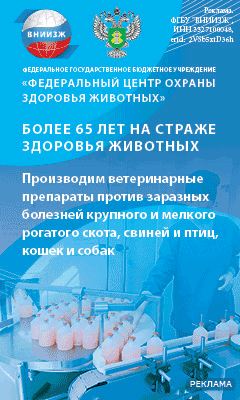According to her presentation, the leading Russian veterinary drug manufacturers produced RUB 14.5 billion worth of products in 2021. The production volume in monetary terms reached RUB 18.2 billion in 2022. The plan for 2023 is to produce RUB 23.6 worth of products.
According to the Ministry of Agriculture, the number of authorized veterinary drugs on the Russian market totals 2,214, with 60.5% of these (1,339) being domestically produced.
Russian livestock farmers are gradually switching to domestically produced vaccines. Among vaccines applied in cattle treatment, 73% are of Russian origin, and only 27% are foreign-made. This is according to the presentation by Maria Novikova. Foreign-made vaccines still prevail in the poultry industry (58%), with only 42% being domestically produced. The same tendencies are observed in the pig industry, which uses 57% of foreign vaccines and only 43% of domestically produced vaccines.
Russian animal health companies are willing to continue putting effort into import substitution.
“Import volumes show that we’re slightly more than half dependent. And today, the greatest challenge for Russian producers is to develop products that are currently being imported and are in demand on the market as quickly as possible and without any quality losses,” said Ekaterina Fomina, Marketing and Sales Director of NITA-PHARM, at the conference.
To show an example, the company displayed two new drugs for hormonal treatments in cattle: Regostenol and Fergolin. “In less than a year, more than 15% of Russian cattle breeding farms switched to using these products for estrous (heat) synchronization. The results on key figures are surpassing those of their global equivalents,” said Ekaterina Fomina in her speech.


